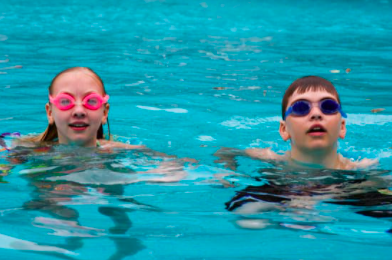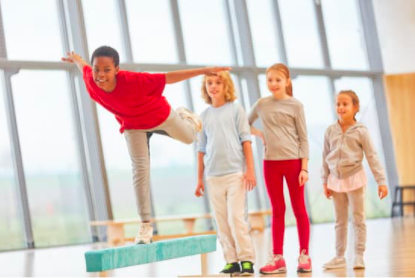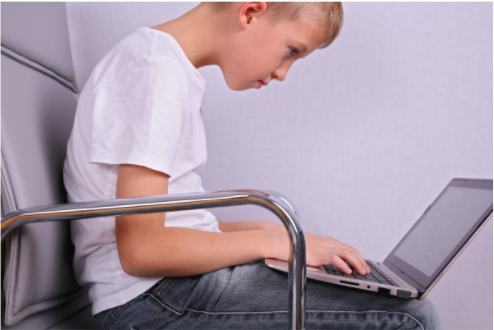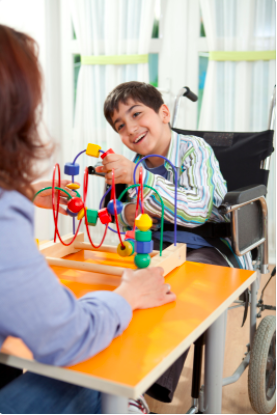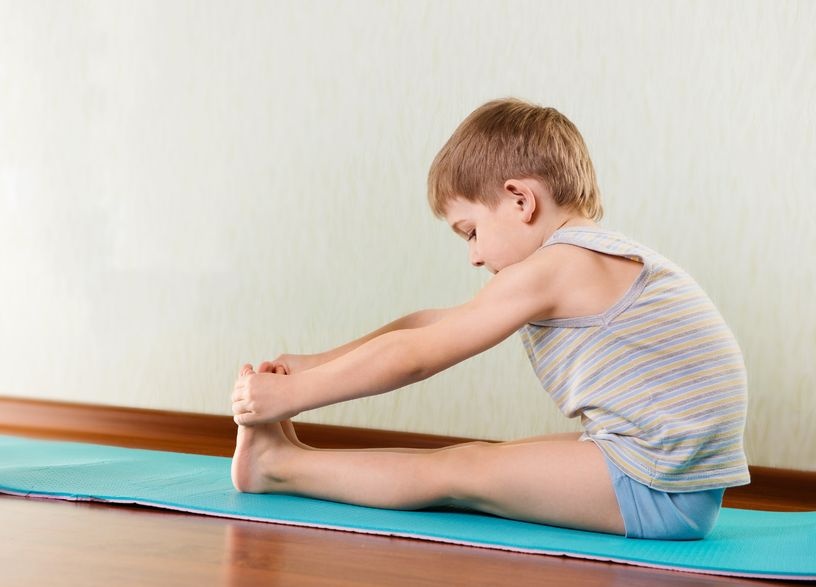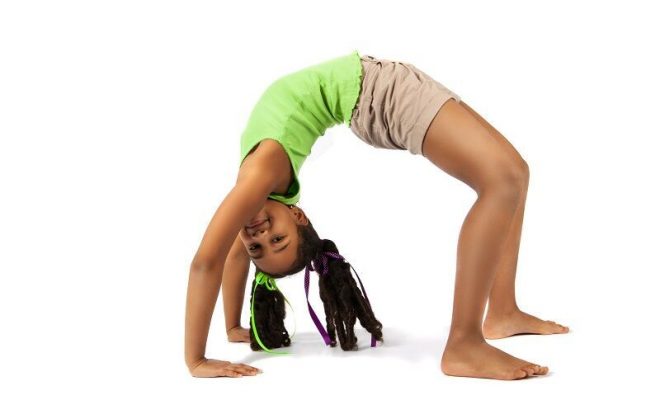Summer Water Safety
Coming into summer the days are getting hotter which means it's time for the pool and/or beach! Spending time in the water in crucial for children to develop water skills that will help keep them safe. Water play also assists children in developing muscle stretch,...

